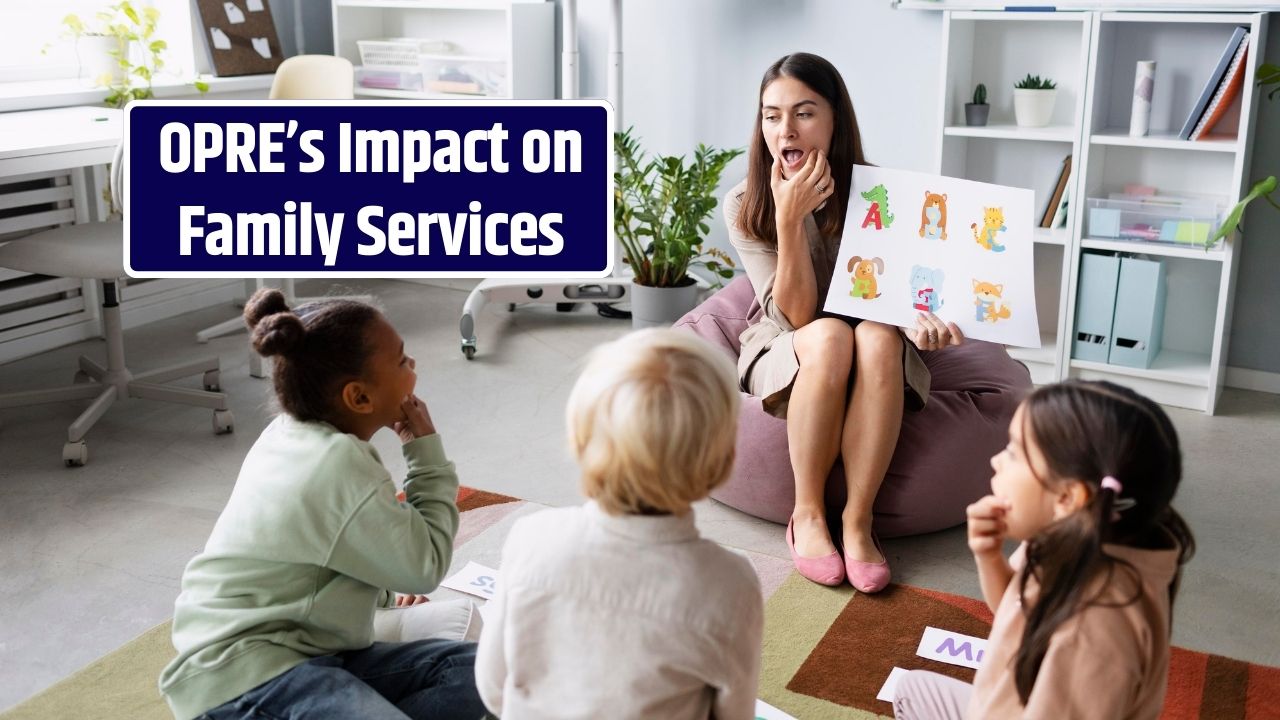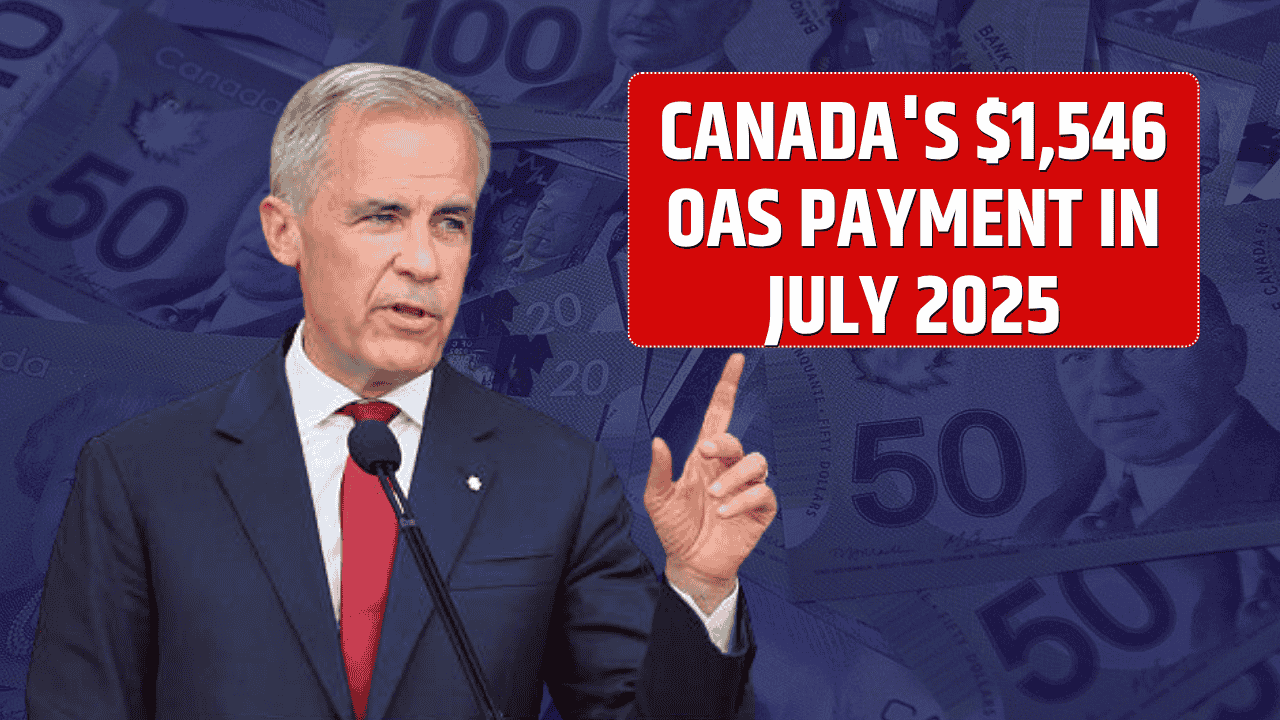The Office of Planning, Research, and Evaluation (OPRE) plays a vital role in shaping and improving federally funded human services programs—especially in areas like childcare, Head Start, and Temporary Assistance for Needy Families (TANF). Through rigorous research, evaluations, and data analysis, OPRE provides the evidence base policymakers need to strengthen services, support low-income families, and promote child development and economic mobility.
This article explores how OPRE evaluates and informs these cornerstone programs, highlighting the tools, methods, and impact of its work.
Table of Contents
Childcare: Enhancing Access and Quality
Childcare is essential for working families and early childhood development. OPRE’s research supports policy decisions that balance affordability, availability, and quality—especially for low-income households.
Key OPRE Contributions in Childcare:
- National Study of Child Care for Low-Income Families
Tracked how child care subsidy policies affected family choices and provider quality. - Access to Child Care for Low-Income Families Project
Explored barriers such as affordability, geographic availability, and cultural relevance. - Early Care and Education Leadership Study (ExCELS)
Examined how leadership and management practices influence childcare quality.
OPRE also evaluates the Child Care and Development Fund (CCDF), helping states refine subsidy systems and ensure equitable access for working parents.
Head Start: Measuring Impact and Supporting Continuous Improvement
Head Start is a flagship early childhood education program serving low-income families. OPRE oversees major evaluations that assess not only child outcomes, but also the classroom environments, staff practices, and family engagement strategies that shape those outcomes.
Major OPRE-Led Head Start Studies:
| Study Name | Focus Area |
|---|---|
| FACES (Family and Child Experiences Survey) | Nationally representative data on Head Start children, families, and programs |
| AIAN FACES | Tailored study focused on American Indian and Alaska Native Head Start programs |
| Head Start CARES | Evaluation of classroom-based social-emotional interventions |
| Baby FACES | In-depth look at Early Head Start programs for infants and toddlers |
These studies inform curriculum updates, staff training protocols, and program standards across the country.
TANF: Promoting Economic Mobility
The Temporary Assistance for Needy Families (TANF) program provides cash assistance and employment support to low-income families. OPRE’s TANF evaluations go beyond simple performance metrics to assess program effectiveness, innovation, and equity.
Key TANF-Focused OPRE Projects:
- Employment Strategies for Low-Income Adults (ESLA)
Comparative evaluations of different job training and employment pathways. - TANF Data Innovation (TDI)
Helps states link TANF records with other data sources to better understand program use and outcomes. - Pathways to Work Evidence Clearinghouse
A curated database that summarizes what works in employment support for low-income populations. - Project IMPROVE
A technical assistance initiative that helps TANF agencies use evidence to design better services.
OPRE also promotes human-centered design in TANF innovation grants, encouraging agencies to engage clients in shaping programs that better meet their needs.
A Common Thread: Equity and Evidence
Across all three program areas—childcare, Head Start, and TANF—OPRE emphasizes:
- Rigorous impact evaluation using experimental and quasi-experimental designs
- Implementation research to understand how services are delivered
- Mixed methods approaches combining data with lived experience
- Equity-focused frameworks that disaggregate data and elevate underrepresented voices
This ensures that federal investments are not only effective, but also fair and inclusive.
Why OPRE’s Role Matters
By generating evidence on what works, what doesn’t, and for whom, OPRE helps federal and state agencies:
- Improve program quality and accountability
- Allocate funding more efficiently
- Reduce disparities in service access and outcomes
- Design more responsive, community-centered interventions
In a time when child care affordability, early education access, and economic mobility are national priorities, OPRE’s work is central to evidence-based policymaking.
FAQs
How does OPRE choose what projects to evaluate?
OPRE’s priorities align with the Administration for Children and Families (ACF) strategic goals, stakeholder input, and emerging policy needs.
Are OPRE’s findings used at the state level?
Yes. Many OPRE studies provide actionable guidance for state and local agencies implementing federally funded programs.
Where can I find OPRE evaluation reports?
Visit www.acf.hhs.gov/opre for access to studies, briefs, and data tools.


























